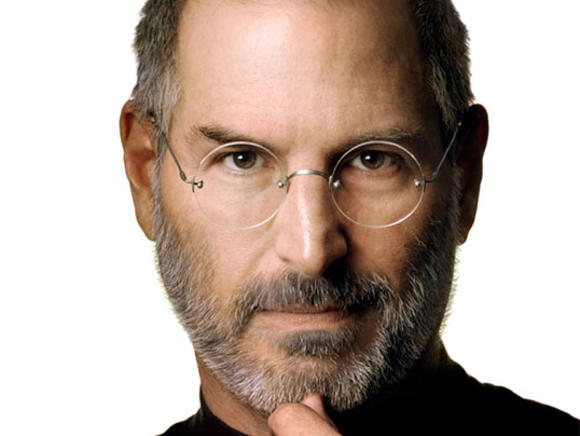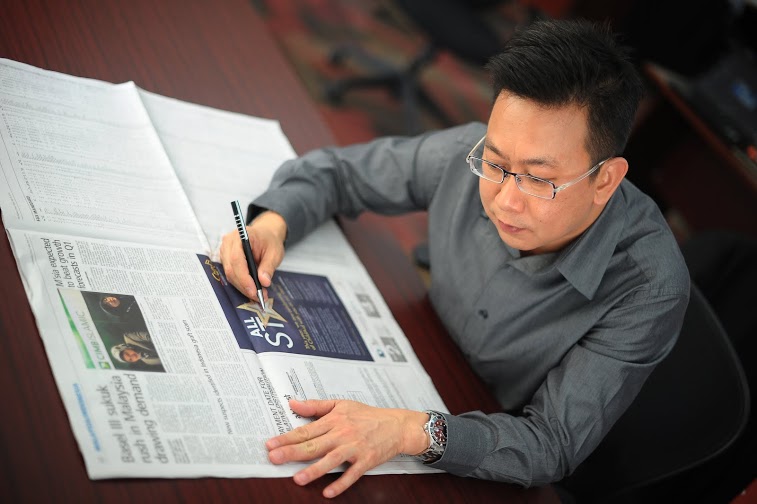In This World of Internationalisation, Will You Survive?
We hear all the time that businesspeople must embrace globalisation in order to survive. But where and how will they achieve this global mindset? The logical answer lies in higher education. After all, the whole purpose of education is to prepare for a career. And if young people want a job in today’s increasingly competitive business environment, they need to think beyond the corner store down the road. Is our educational system adequately addressing this crucial need?
My personal experience illustrates the benefits of an international focus to education. The high school I attended was an International Baccalaureate (IB) “world school.” I chose this school because my family, originally from New Zealand, was living in China, and I wanted to maximize my possibilities for the future. The IB Diploma Program was exactly what I was looking for. It offered an education that was both rigorous and recognised by top universities worldwide. I studied in English, my mother tongue, but mastered Mandarin at the same time.
Upon graduation from high school, I got an opportunity to study with SP Jain’s tri-city bachelor’s program, and I was thrilled! The program is designed to nurture managers for the business world of tomorrow. That means leaders who can think outside of nationalistic boxes. To do that, they require an internationally diverse student body with cross-cultural experiences. So already, at the age of 18, I am reaping the benefits of a global education.
In ‘The World is Flat’, Thomas L. Friedman introduces the idea that we are now in the third stage of globalisation. In the 19th century, globalisation occurred on a national level through colonialism. Then in the 20th century, we saw globalisation on the corporate level through the introduction of international organisations. Today, globalisation has reached the level of every individual. And those who succeed will be educated – whether formally or not – to have a global attitude.
National borders have little significance today. The guy swimming in the rooftop pool at Marina Sands Singapore is most likely not from Singapore. We find a multitude of highly skilled migrant workers, including professionals, in places like Singapore and Dubai. With a business degree from Australia, one can find an excellent job in the States. A translator can live at the North Pole and yet do freelance work for the United Nations. What matters is not where you came from, but whether you have adopted, and experienced, internationalism. If you haven’t, you’re old-fashioned, outdated, and ultimately, replaceable.
This explains my choice of a business degree. With everything so connected, business is the field with the greatest international impact. And even though people my age may not plan to work outside their own country, the current labour market has made it so that we have no choice but to compete internationally.
Not surprisingly, I am already doing this during my time at SP Jain. My fellow students come from 16 different nations. After our first two years studying in Singapore, we will all shift to Sydney for our last two years – experiencing first-hand the culture of Asia’s most thriving business hubs. This will make us much more prepared for global careers than people who have their college life years in only one country.
So, here’s the big question. If you have the opportunity to make a global impact and earn good money in an increasingly internationalised market, why would you limit yourself with a single-culture education? My advice to other young people is simple: If you want a career that will help guarantee success, make sure your higher education has an international slant — or miss out!
About the Author
Jeremy Lynch is a Bachelor of Business Administration graduate from SP Jain’s Class of 2014.
Related Posts
-
 Lessons from Steve Jobs
No Comments | Sep 2, 2011
Lessons from Steve Jobs
No Comments | Sep 2, 2011 -
 Survival strategies under uncertainty
1 Comment | Oct 5, 2011
Survival strategies under uncertainty
1 Comment | Oct 5, 2011 -
 When faced with critical decisions, are you equipped to think critically?
No Comments | Oct 14, 2011
When faced with critical decisions, are you equipped to think critically?
No Comments | Oct 14, 2011 -
 You might be a successful leader. But are you memorable?
No Comments | Sep 26, 2014
You might be a successful leader. But are you memorable?
No Comments | Sep 26, 2014
